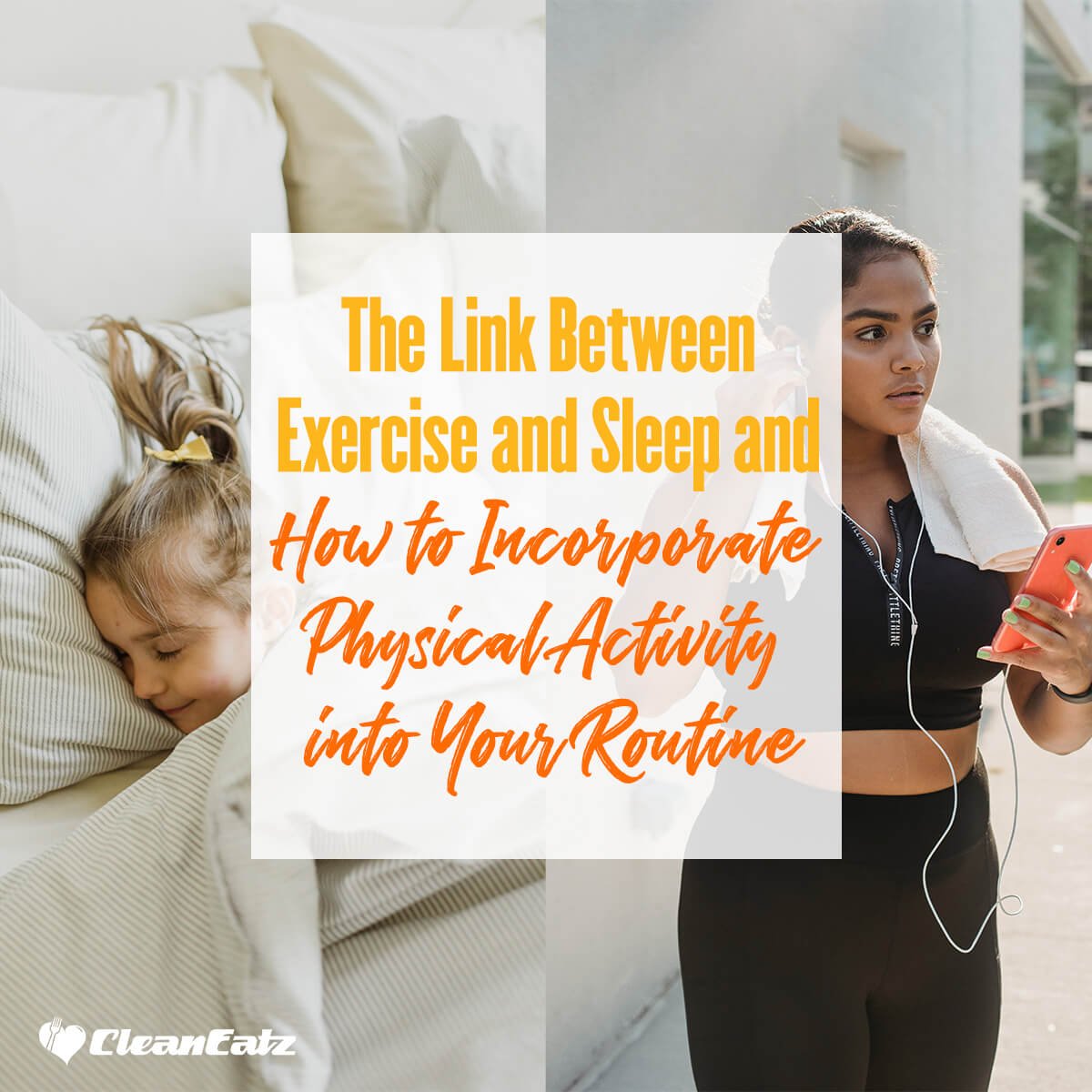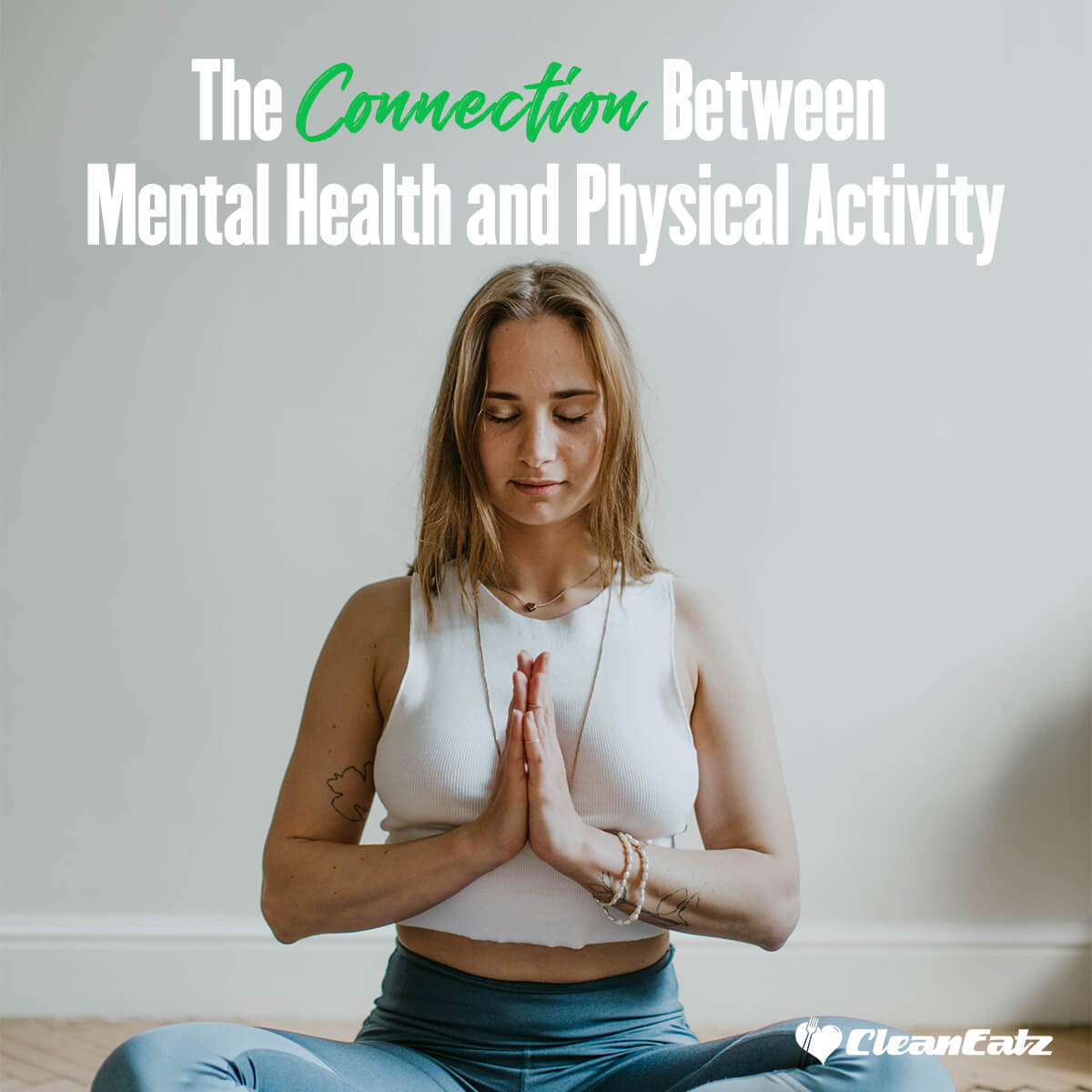
Understanding and Addressing Exercise Addiction: A Comprehensive Guide
Jason Nista
Exercises & Fitness
|
Weight Loss
5 minute read
After picking up your running shoes for the first time in months, you feel energized and sleep better. But soon, the voice in your head pushes you to do more. Does this resonate? If so, you're not alone. Exercise addiction is a reality that can jeopardize your well-being. In this piece, we delve into understanding and addressing exercise addiction, its symptoms, causes, and ways to manage it.
Understanding Exercise Addiction
Exercise addiction may not be as notorious as drug or alcohol dependencies, but it’s equally concerning. It's characterized by an overpowering urge to work out, overshadowing work, socializing, or other pursuits.
Those with exercise addiction might feel incomplete without their fitness routines, often battling guilt if they skip. An unhealthy fixation on body image and constant comparison with others can also manifest. If you suspect you're grappling with this, it’s crucial to seek professional assistance. With the right support, you can return to a balanced, joyful life.
Factors Leading to Exercise Addiction
Numerous elements can pave the way for exercise addiction. Low self-worth or body image struggles can increase susceptibility. Individuals with a perfectionist streak might be at higher risk, as they tend to adopt intense routines. Those new to fitness are not exempt either.
Identifying Exercise Addiction
How do you recognize if you're under its grip? Look out for signs like escalating gym hours, an obsession with calorie intake, or feelings of distress when unable to work out. If any of this sounds familiar, you might be on the path of exercise addiction. While exercise is beneficial, the extremes can have detrimental repercussions on health, mood, and relationships.
Addressing Exercise Addiction
Addressing exercise addiction isn't straightforward, and solutions aren't universal. Recognizing the need for change is pivotal. A well-rounded fitness regimen, inclusive of adequate rest, can help maintain equilibrium. It’s beneficial to channel energy into non-exercise activities like bonding with loved ones or embracing new hobbies.
Being aware of emotional catalysts that prompt excessive workouts and managing them in healthier avenues, such as discussions or journaling, is advantageous. Consulting a mental health expert can facilitate understanding and addressing exercise addiction more holistically, paving the way for sustainable success.
Understanding and Addressing Exercise Addiction
Exercise addiction can pose significant long-term consequences on both physical and mental health. Physically, individuals can overtrain, leading to exhaustion and serious injuries such as stress fractures and tendonitis. There's also a heightened risk of nutritional deficiencies and eating disorders due to dietary restrictions associated with exercise addiction.
Mentally, exercise addiction can trigger obsessive-compulsive patterns, making individuals overly focused on workout durations or body image. Such behaviors are often indicative of deeper imbalances. A decline in self-esteem can also occur, especially when individuals perceive they haven’t met their fitness goals or feel they're losing control over their well-being. Recognizing and addressing exercise addiction promptly is crucial.
If you suspect you're grappling with exercise addiction, it's vital to consult a healthcare professional. A diagnosis can pave the way for appropriate interventions, which may include therapy or taking a hiatus from strenuous workouts.
To maximize your workouts without succumbing to exercise addiction, consider adhering to a comprehensive diet plan. Clean Eatz Kitchen offers a diverse range of tailored diet plans, ensuring each meal is fresh and directly delivered to you.
Summary of Understanding and Addressing Exercise Addiction
- Exercise addiction is an overwhelming urge to exercise beyond one’s physical limits.
- Those with low self-esteem and body image concerns are more susceptible to exercise addiction.
- Warning signs encompass an obsession with workouts, excessive calorie counting, and heightened anxiety when unable to exercise.
- Combating exercise addiction involves a balanced fitness regimen and exploring new hobbies.
- Untreated exercise addiction can result in injuries, nutritional imbalances, and behavioral issues.
Final Thoughts
Exercise, while beneficial, can become an addiction with serious repercussions if taken to extremes. Recognizing this dependency is vital. It's crucial to understand that the underlying triggers for such obsessive behavior often stem from emotional or psychological issues. A balanced approach to fitness, which includes adequate rest and varied activities, is essential. By seeking timely professional guidance and ensuring holistic well-being, one can enjoy the benefits of exercise without falling prey to its addictive pitfalls. Balance, above all, is paramount.
FAQ
What is exercise addiction?
Exercise addiction refers to an unhealthy obsession with physical workouts, where the urge to exercise starts overshadowing other aspects of life. This obsession can lead to physical, emotional, and psychological repercussions.
How can I tell if I'm developing an exercise addiction?
Some indicators include an overpowering urge to work out even when sick or injured, feelings of guilt or anxiety when missing a session, escalating gym hours, and obsessing over calorie intake. Additionally, if exercise begins to dominate your social, work, and personal life, it might be a cause for concern.
How can exercise addiction be addressed?
Addressing exercise addiction starts with recognition. Once identified, adopting a balanced approach to fitness, ensuring rest, and seeking professional guidance can help. It might also be beneficial to channel energies into non-exercise activities and hobbies to maintain a well-rounded lifestyle.
Related Articles
The Link Between Exercise and Energy Level
7 minute read
What Is an Oleato?
6 minute read



